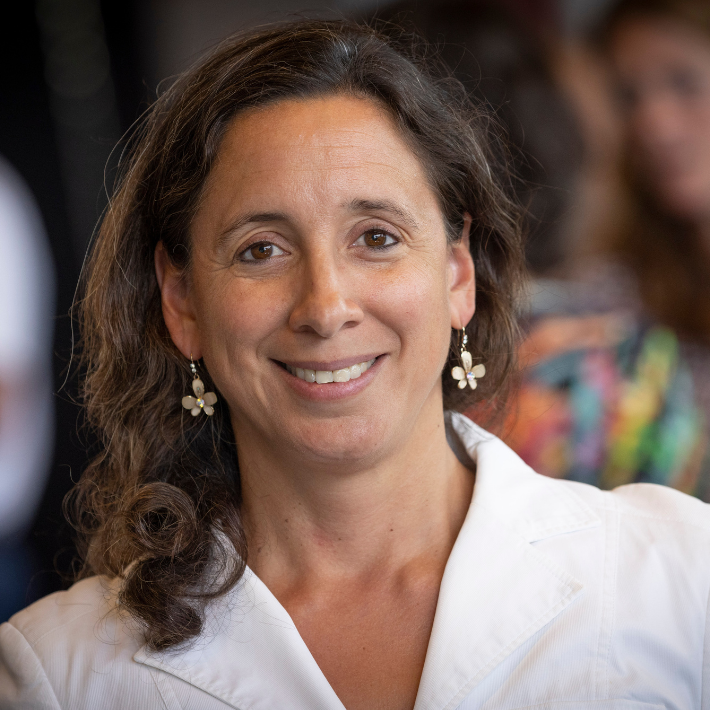Liver transplant and treatment personalized for most positive effect
&width=710&height=710)
What is your assignment?
“My teaching assignment consists of several focus points. We want the LUMC liver transplant program to continue to grow into a leading center. For this, it is necessary to grow the program, using innovation in patient care before and after liver transplantation. And to conduct high-quality scientific research.”
How do you plan to strengthen the position of the liver transplant center?
“Our patients appreciate the personal attention we give. We are very approachable, also in our contact to referrers. This allows us to treat patients together. As a result, patients receive care close to home where they can. In addition, LUMC is very strong in regenerative medicine, which aims to regenerate (repair) cells, tissues or organs in order to treat diseases. We can promote these unique points more by showing what we do. This can be done, for example, through scientific publications and lectures, by having an active presence on social media and being in contact with patient associations, policy makers and grant funders. This is incredibly important to our work. It gives us more opportunities to continue to grow in quality. At the same time, we collaborate with other liver transplant centers in fields in which they are unique in order to best serve patients.”
What are you doing research on now?
“Among other things, we are researching the inflammatory response that occurs in the body of patients with end-stage liver cirrhosis. In patients with liver cirrhosis, scar tissue grows that affects the structure. We are investigating the role of the microbiome, which are the bacteria, viruses, fungi and yeasts that live in the human body. We are also researching cultured blood vessel cells (endothelial cells) and other liver cells, and the effect of exposing these cells to blood plasma. This aims to find leads for new targeted treatments. Whereas we first conducted research using material from Leiden patients, the research has now been expanded in a European collaboration. As a result, we have much more material and can better investigate the disease process in different phases.”
“Furthermore, we are investigating the feasibility of hepatocyte (liver cell) transplantation as a bridge to a liver transplant. About 10% of patients on the waiting list in the Netherlands die because a liver is not available in time. We are developing a protocol to isolate hepatocytes, the major liver cells, from donor livers that are not useful for clinical application in liver transplantation. We want to investigate the possibility of freezing these isolated cells, thawing them and then administering the cells through a blood vessel to sick livers.”
Your oration is called “Customized: Liver Transplantation and Treatment of Liver Failure Personalized. Why is tailored care so important?
“I want to get away from the principle that every patient is treated the same way. Based on personal characteristics and measurable indicators, we can see if a given treatment or examination is going to have the desired effect. And if not, that you don't apply the treatment. With tailored treatments, patients can be treated with a high probability of a positive effect and non-effective treatments patients can be spared. This is not only a benefit to patients, but also helps keep our healthcare system accessible, as healthcare costs are increasing. If we manage care more efficiently and use healthcare innovations in a more targeted way, we can continue to facilitate the care we need.”
What do you want to achieve, what is your vision?
“That LUMC is a leading liver transplant center within which we offer personalized treatments and young doctors and researchers can develop. And with other centers with whom we work closely, such as the Amsterdam UMC, hospitals in our region and the other referring hospitals, jointly organize care around the patient. I want to contribute to an even higher quality of care with good outcomes for the patient, both in terms of survival and quality of life. Some patients with liver failure unfortunately still have a poor survival rate. There is still much to be gained there. I hope to make my contribution to that in the fields of research, education and patient care.”